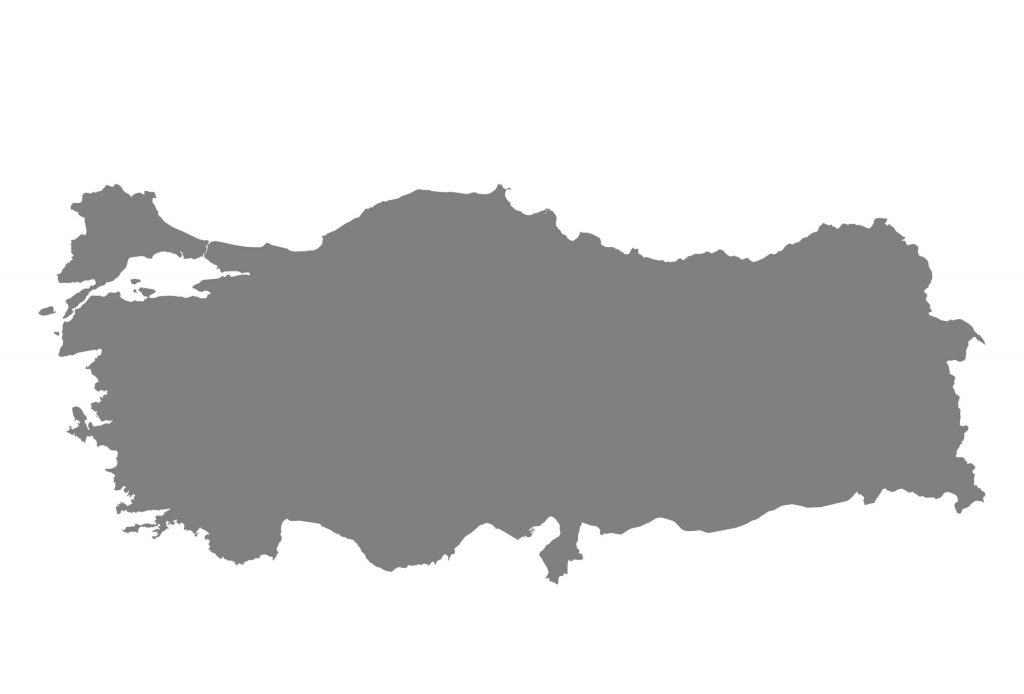In many articles Shias and Alevis are considered to be different sects while in some other the latter is known as a blanket term for a large number of different Shia communities, whose actual beliefs and ritual practices differ. Since the biggest Shia population in Turkey belongs to this group, a separate blog post is dedicated to it so that we can know more about the Shia community in Turkey.
Arabic speaking Alevi groups:
The Arabic speaking Alevi communities of southern Turkey (especially Hatay and Adana) are the extension of Syria’s Alawi (Nusayri) community and have no historical ties with the other Alevi groups, their numbers are small and their role in Turkey has been negligible.
Turkish and Kurdish speaking Alevi groups:
The important Alevi groups are the Turkish and Kurdish speakers (the latter still to be divided into speakers of Kurdish proper and of related Zaza); both appear to be the descendants of rebellious tribal groups that were religiously affiliated. The term Alevi encompass several disparate groups, e.g., Turkomans, Yoruk and Tahtaci.
- Turkomans are Turkic tribal peoples by now highly assimilated (if Alevi Turks originate from Turkomans or not is still a disputed issue)
- Yoruk, is a Turkoman group of about 70,000 of which some are Alevi. Economic antagonism with the neighboring settled population is a factor in their distinct identity.
- The Tahtaci are Alevi and consider themselves Turkomans. They are stigmatized more than other Alevis.
Being the largest part of the Shia community in Turkey, Alevis constitute one of four Shia sects in the country. They are accounting for at least 70 percent of the country’s Shia population. Over the past two decades tensions between Sunni rightists and Alevi leftists have grown. Alevis harassed by Sunnis seldom seek redress either from the police or from the judicial system since they believe the latter to be deeply prejudiced against them. Most Alevis are ethnically and linguistically Turkish. They descend from and inhabit mainly Central and Eastern Anatolia and use Turkish rather than Arabic for their religious ceremonies and literature. 3 million of the Alevis are also Kurdish.
Taken from: Minorities in Turkey
By: Nigar Karimova and Edward Deverell
